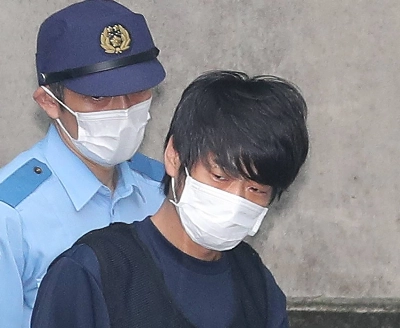The sense of crisis in Hong Kong continues to mount following the resignation this week of two top government officials. The departures come on the heels of massive demonstrations against Article 23, the proposed legislation designed to protect public security but which critics claim would erode civil liberties in the special administrative region.
The situation in Hong Kong requires caution by all. Beijing must not be seen as acting too forcefully to quell the unease. Heavy-handedness would erode confidence in the "one country, two systems" formula that guides relations between the SAR and the mainland. But democracy activists must not go too far in creating instability that Beijing fears. The goal is the protection of civil rights and democracy, not the battering of the Chinese government or the overthrow of the current administration in Hong Kong.
Although the legislation was first presented in February, protests against the bill began in earnest July 1, when some 500,000 people took to the streets. The scale of the public outrage shocked the governments in Beijing and Hong Kong. After some initial confusion, Chief Executive Tung Chee-hwa announced that he would amend the legislation and postpone the final reading of the bill to collect more public comments and build greater support for the measures. That decision was preceded by the resignation of Mr. James Tien, chairman of the probusiness, pro-Beijing Liberal Party and one of his main legislative allies, from the Executive Council.

















With your current subscription plan you can comment on stories. However, before writing your first comment, please create a display name in the Profile section of your subscriber account page.